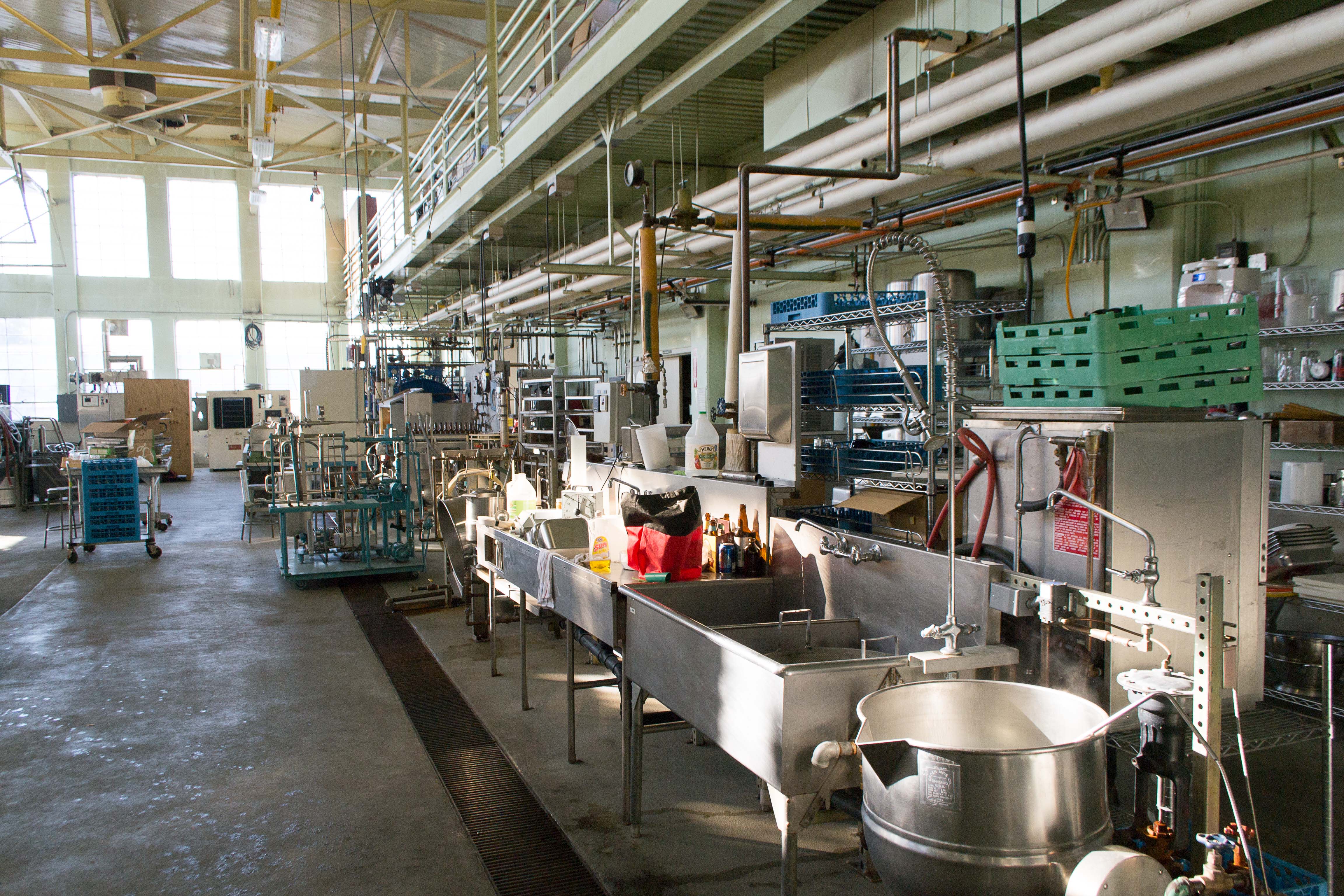
Photo from academic.microsoft.com
ABSTRACT During the last 30 y, a gluten-free diet has been classified among the most popular fad diets mainly due to the ambiguous notion that gluten avoidance promotes health. Gluten… Click to show full abstract
ABSTRACT During the last 30 y, a gluten-free diet has been classified among the most popular fad diets mainly due to the ambiguous notion that gluten avoidance promotes health. Gluten intolerance has been implicated in non-celiac gluten sensitivity (NCGS) and irritable bowel syndrome (IBS), 2 disorders with overlapping symptoms and increasing trend. Together with gluten, other wheat components; fermentable oligo-, di-, monosaccharide, and polyols (FODMAPs); and amylase trypsin inhibitors (ATIs), are implicated in the pathogenesis of both disorders. Gut microflora alterations in IBS and NCGS have been described, while microbiota manipulations have been shown to be promising in some IBS cases. This literature review summarizes our current knowledge on the impact of wheat ingredients (gluten, FODMAPs, and ATIs) in IBS and NCGS. In both disorders, FODMAPs and ATIs trigger gut dysbiosis, suggesting that gluten may not be the culprit, and microbiota manipulations can be applied in diagnostic and intervention approaches.
Journal Title: Current Developments in Nutrition
Year Published: 2020
Link to full text (if available)
Share on Social Media: Sign Up to like & get
recommendations!